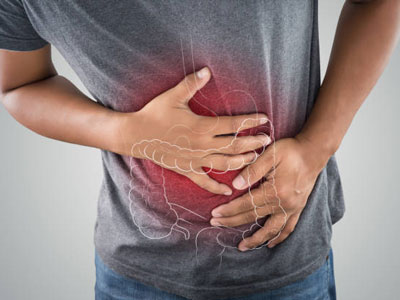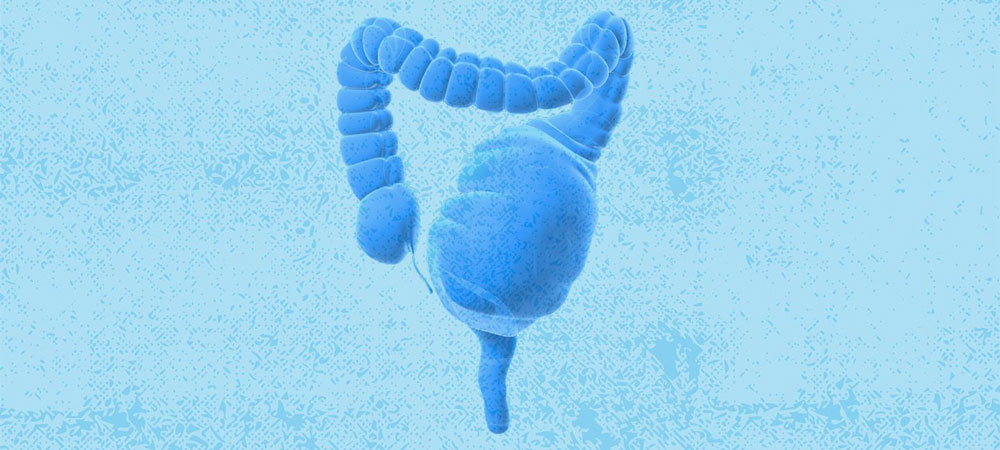Managing IBD Flares - Tips from Dr. Kiran Peddi
The recurrence of illness symptoms is referred to as a flare. The following are the most prevalent Crohn's and ulcerative colitis symptoms:
- bowel motions that are frequent and/or urgent
- diarrheal disease
- bloody faeces
- abdominal discomfort
Individuals may also describe symptoms such as fatigue, a loss of appetite, and weight loss. The symptoms of IBD differ from individual to individual and are subject to change. Your particular symptoms will vary depending on whether you have ulcerative colitis or Crohn's disease, and in many cases, you will have both instances, depending on the disease's location within your digestive system (GI).

Crohn's disease and ulcerative colitis are both conditions characterised by aggressive illness periods (when symptoms are present) as well as periods of remission (when there are few or no symptoms). Medical therapy is to restore the circumstances to normal.
Even when the condition is in remission, people with inflammatory bowel disease (IBD) must take drugs on a daily basis. When drugs are not taken as recommended (for example, missing doses, doubling up on dosages, or tapering off of medications), flares can develop. If you're taking your medications as directed but still experiencing flares, talk to your doctor about modifying the dose, frequency, or kind of medication you're taking. If you have skipped doses or stopped taking drugs and are now having a flare, see your doctor before beginning or increasing your meds on your own.

Managing IBD Flares
Flare-ups of ulcerative colitis or Crohn's disease cannot be totally avoided. However, there are several things you can do to improve your health:
Take all IBD drugs on a regular basis. Taking drugs as prescribed by your doctor is the most effective strategy to treat IBD and limit the risk of flares. Even when you are in remission, it is critical to continue taking your medications as directed. If you are having unpleasant side effects or are still suffering from IBD symptoms, do not stop taking your recommended drugs; certain medications cannot be stopped abruptly. Do not try to change the amount of medication or the frequency with which you take it on your own, since this may aggravate your symptoms. Always consult with your doctor if you believe you need to modify your medication.
Consult your doctor on a regular basis. Remember that managing your condition is a collaborative effort between you and your healthcare team. As a result, it is critical to maintain close contact with them. During remission, you should see your doctor every six months, and more frequently during flares. If you have any questions or concerns regarding your symptoms or treatment, you should contact your doctor.
Follow the recommendations for IBD-related testing and procedures. With adequate treatment and illness monitoring, you may increase your odds of good health, reduce the probability of missing indicators of a new disease, and identify potential drug adverse effects. Inquire with your doctor about how frequently you should undergo IBD-related testing and treatments.
Consume a well-balanced diet. Because everyone is different, there is no one-size-fits-all diet for those with IBD. Nonetheless, adequate eating is an important element of keeping healthy and minimising illness symptoms. A diet that offers the required quantity of calories as well as important vitamins, minerals, and other nutrients can help everyone with IBD. Simultaneously, you should avoid meals that cause symptoms. Because nutritional difficulties vary from person to person, you may wish to seek personalised assistance and guidance from a licenced dietitian.
Think about taking a multivitamin or mineral supplement. Consider taking a multivitamin or mineral supplement since ulcerative colitis and Crohn's disease can affect the body's capacity to absorb vitamins, minerals, and other nutrients. Always talk with your doctor about which medications are approved (and safe) for you to use.
The key to treating Crohn's disease or ulcerative colitis throughout remission or flares is to obtain a definitive diagnosis as soon as possible and to begin treatment. Dr. Kiran Peddi, a colon and rectal surgeon, is board-certified and has extensive expertise and training in a wide range of colon and rectal problems and disorders.
Yashoda Hospital specialises in the treatment of colon, rectum, and anus illnesses. We are colonoscopy, anorectal surgery, and minimally invasive colon surgery experts. We are well-known in the region for our competence in these fields. For additional information, please visit our website, contact us at +91 9390150150, or email us at [email protected].
Book Appointment



